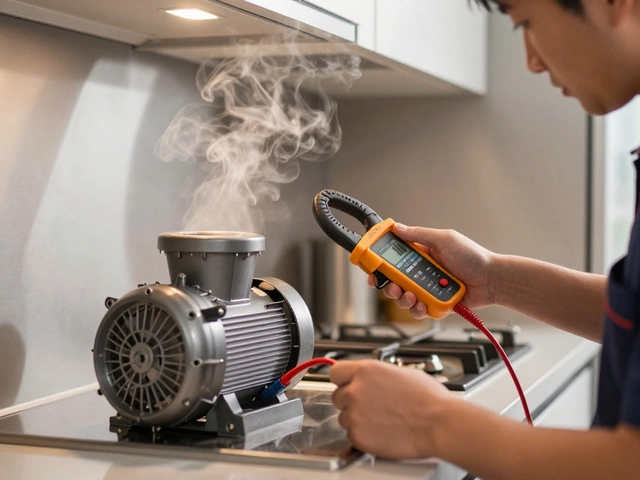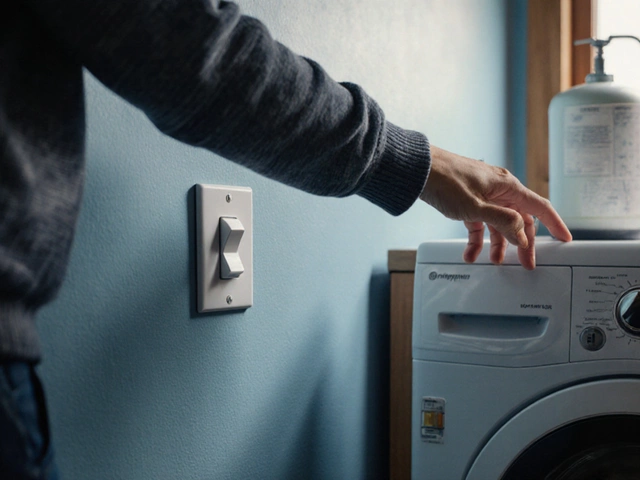Electric Oven Repair: Why Is There No Heat Coming Out?
May 30 2025Sediment Build‑Up in Gas Appliances – What It Is and How to Deal With It
If you’ve ever noticed strange noises, reduced heat, or higher energy bills, sediment could be the hidden culprit. Sediment is a mix of tiny mineral particles, rust, and debris that settles at the bottom of boilers, water heaters, and radiators over time. When it builds up, it blocks water flow, makes the system work harder, and can lead to costly repairs.
How Sediment Affects Your Boiler and Heater
In a boiler, water circulates through pipes and a heat exchanger. Sediment settles on the exchanger’s surface, acting like an insulating blanket. The boiler then has to fire longer to reach the same temperature, which spikes fuel use and raises your bill. The same thing happens in a storage water heater – the heating element gets coated, so it takes longer to heat water and may overheat.
Besides efficiency loss, sediment can cause corrosion. When mineral deposits trap moisture against metal, rust forms faster. Rust fragments become more sediment, creating a vicious cycle. You might also notice rumbling or banging noises, known as ‘kettling’, which is the water trying to push through a clogged path.
Practical Ways to Remove and Prevent Build‑Up
The easiest fix is a professional flush. A qualified gas engineer will connect a hose to the system, run clean water through, and flush out the sludge. For homeowners, a simple annual bleed of radiators and a quick drain of the water heater can help, but only if you’re comfortable with basic DIY.
To keep sediment from forming, use a water softener if you have hard water. Softened water contains fewer calcium and magnesium ions, which are the main culprits of scale. Also, schedule a yearly boiler service. During a service, the engineer checks the pressure, inspects the heat exchanger, and can perform a power‑flush if needed.
Regularly check the pressure gauge on your boiler. If the pressure keeps dropping, it could be a sign that sediment is blocking the expansion vessel. Resetting the pressure can be a quick fix, but if it recurs, call a professional.
Finally, don’t ignore warning signs. If you hear grinding noises, notice uneven heating, or see a rise in your energy bill, act fast. Early cleaning can save you from a full‑system replacement later on.
Keeping sediment under control isn’t rocket science – it’s about staying aware and doing a bit of maintenance each year. With clean water flowing through your boiler and heater, you’ll enjoy steady warmth, lower costs, and a longer‑lasting appliance.
 6 Aug
6 Aug
Flush vs. Drain: The Best Way to Maintain Your Water Heater
Debating whether to flush or drain your water heater? This guide breaks down both methods, benefits, and how to actually boost your heater’s lifespan and efficiency.
Read More...



